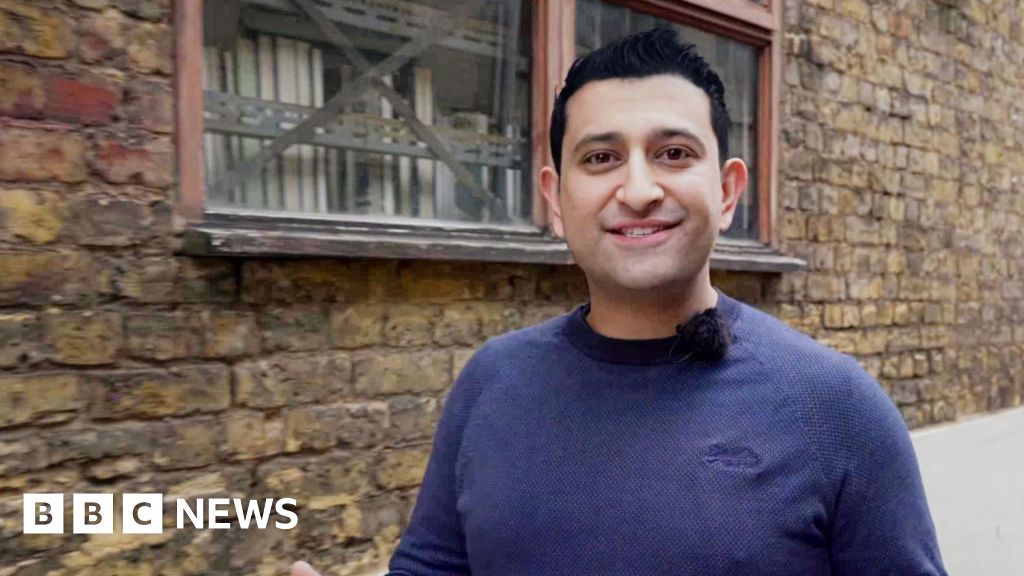Headline: Reviving Old Tech: How /e/OS Extends Smartphone Lifespan
As the call for sustainable technology grows louder, many users find themselves grappling with a common dilemma: the need to upgrade their devices due to security and software limitations. Actor and presenter Waseem Mirza recently articulated this frustration when he faced the reality of needing a new phone, even though his 2016 Samsung model functioned perfectly. Mirza highlighted the inconsistency of tech manufacturers who end security updates, leaving users to either compromise on safety or invest in new devices. A possible green solution could be the /e/OS operating system that provides updates for older phones while reducing environmental impact.
The Dilemma of Upgrading
Waseem Mirza’s experience is shared by many smartphone users today. After purchasing his Samsung phone in 2016, Mirza was disappointed to learn that Samsung ceased providing security updates in 2020. “I just wish there was a way to get more life out of this old bit of tech,” Mirza expressed. The continued functionality of his device, particularly for critical activities like online banking for his production company, made the prospect of an upgrade unsettling. “I thought the lack of [security] updates was pretty stupid, really,” he added.
Hidden Costs of Upgrading
The issue extends beyond financial strain; it also encompasses significant environmental concerns. Upgrading devices contributes to carbon emissions, with around 80% stemming from manufacturing. This situation underscores the importance of extending the life of existing devices, which can dramatically mitigate these emissions. The longer users can operate their phones with up-to-date software, the better it is for the planet.
Enter /e/OS
A potential solution to this growing problem is /e/OS, a free version of Android designed specifically for older devices lacking manufacturer support. “We make /e/OS available for devices that have not been supported for a long time by their manufacturers,” said Gaël Duval, the founder of /e/OS. The initiative aims to provide the latest critical software updates and enhance the performance of older devices by reducing unnecessary bloatware.
Over 200 devices, some as old as ten years, qualify for /e/OS, which may soon allow Mirza’s Galaxy S7 Edge to extend its life by an additional five years beyond official support Windows.
Manufacturer Response to Longevity
In light of growing concerns from consumers, smartphone manufacturers are beginning to extend support for their devices. Samsung’s newly launched Galaxy S24 series boasts seven years of software support, mirroring a similar commitment by Google for its Pixel devices. As technology evolves, so does device longevity; experts suggest the architecture and memory size of newer phones may allow them to function effectively well beyond their supported lifetime. According to Rik Viergever, chief operating officer at /e/OS, “Due to the current processor architecture[,] it’s likely that they will remain usable for a really long time, probably way beyond seven years.”
Driving Energy Efficiency
Beyond extending software support, the conversation surrounding energy-efficient applications is crucial. With mobile app development heavily reliant on cloud servers—where energy constraints are less stringent—strategies need to shift towards optimizing energy consumption. “You never even think about how much electricity you use when you’re building server applications,” noted Asim Hussain, executive director of the Green Software Foundation.
To address this, the Software Carbon Intensity (SCI) specification aims to quantify the carbon footprint of software, balancing the emissions produced during operation against the embodied carbon from the hardware. Asim Hussain reinforces the importance of turning this initiative into a standard for developers, emphasizing energy efficiency and resource minimization.
The Role of Green Software Solutions
Innovative projects like ecoCode are emerging within the tech industry, offering guidelines that help developers streamline their code, thus making software more energy-efficient. Tariq Shaukat, CEO of Sonar and a contributor to ecoCode, describes common inefficiencies as “code smells,” highlighting the need for simplification and resource management.
While the information and communication technology (ICT) sector currently accounts for 1.4% of global greenhouse gas emissions, projections suggest this figure could rise to 14% by 2040. As such, the adoption of sustainable software development practices becomes crucial. Analyst forecasts indicate that software sustainability requirements will increase from only 10% to 30% in large global enterprises by 2027.
Encouraging a Tech Culture Shift
The path toward greener software is rife with challenges, particularly when trying to foster a culture focused on sustainability within tech teams. Peter Campbell from Kainos suggests that although training engineers and product designers is essential, embedding sustainability into the corporate DNA remains an ongoing challenge.
As the debate surrounding sustainable technology continues to evolve, the responsibility to make informed choices falls not just on manufacturers but on consumers and developers alike. The efforts of pioneers like Duval and the Green Software Foundation represent steps toward a more sustainable technology landscape.
As society navigates the landscape of technology and sustainability, understanding the life cycle of devices, from inception through to disposal, becomes ever more vital. The evolution of platforms like /e/OS could help bridge the gap between user demands for longevity and manufacturers’ current upgrade culture.
Have you experienced similar frustrations with your devices? What do you think about extending the life of older technology sustainably? Share your thoughts and join the conversation!
